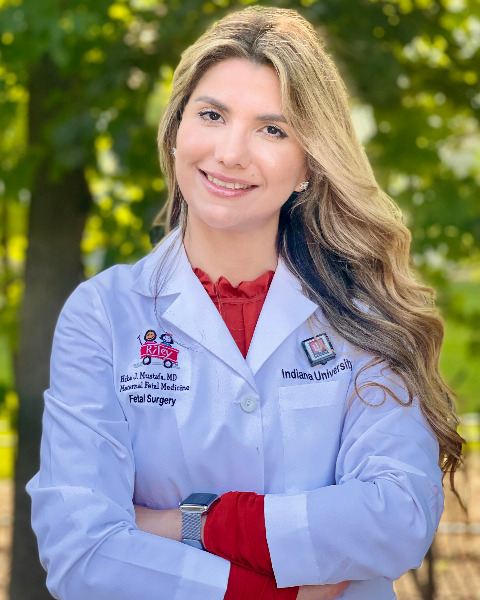Category: Genetics
Poster Session IV
(1012) Prenatal Severe Ventriculomegaly and Diagnostic Yield with Exome Sequencing, Systematic Review and Meta-analysis
Study Design:
We searched PubMed, Scopus, Web of Science systematically from inception until February 2022. Inclusion criteria were: minimum of 3 cases, initiation of testing was based upon prenatal phenotype only and with negative CMA, and cases in which the lateral ventricle (LV)≥15 mm and hydrocephalus was the primary brain pathology. Cases in which hydrocephalus was a secondary result of pathologies like dandy-walker malformation, neural tube defects, or holoprosencephaly were not included. The incremental diagnostic yield of ES was assessed for pathogenic/likely pathogenic in: (1) all cases of hydrocephalus; (2) isolated hydrocephalus which was further subdivided into: 2(a) single isolated (hydrocephalus was the only brain finding), and 2(b) multiple isolated (hydrocephalus and other brain anomalies except for the above mentioned ); and (3) hydrocephalus associated with extracerebral anomaly (non-isolated). The random-effect model was used to pool the risk difference (RD) and the corresponding 95% confidence intervals.
Results:
29 studies encompassing 160 severe ventriculomegaly or hydrocephalus cases were included. Pooled incremental yields were: all hydrocephalus cases 42% (95% CI 30-53%), isolated hydrocephalus 42% (95% CI 28-55%), isolated single 18% (95% CI 5-30%), isolated multiple 53% (95% CI 36-71%), and non-isolated hydrocephalus 46% (95% CI 34-58%). All were statistically significant P< 0.01. The results did not differ significantly when sub-analysis was limited to studies including more than 10 cases.
Conclusion: There is a significant incremental yield of prenatal ES over negative CMA in primary hydrocephalus. While the greatest yield is isolated multiple and non-isolated, consideration should also be given to performing ES in the presence of an isolated single cases.

Hiba J. Mustafa, MD
Assistant Professor of Fetal Surgery and Maternal-Fetal Medicine
Indiana University Riley Children's Hospital Fetal Center
Carmel, Indiana, United States- ES
Enaja Sambatur, MD
Indiana University
Indianapolis, Indiana, United States - MH
Mohammad-Hossein Heydari, N/A
Non-Communicable Diseases Research Center, Endocrinology and Metabolism Population Sciences Institute, Tehran University of Medical Sciences
Tehran, Tehran, Iran - YY
Yuval Yaron, MD
Professor of Obstetrics & Gynecology, Director Prenatal Genetic Diagnosis
Tel Aviv University
Tel Aviv, Israel, Israel - CB
Caitlin Baptiste, MD
MFM Fellow
Columbia University Irving Medical Center
New York, New York, United States .jpg)
Asma Khalil, MD, MSc (she/her/hers)
Professor of Maternal Fetal Medicine
St George's Hospital, University of London
London, England, United Kingdom- RW
Ronald Wapner
- HA
Huda B. Al-Kouatly, MD
Thomas Jefferson University
Philadelphia, Pennsylvania, United States

.png)
